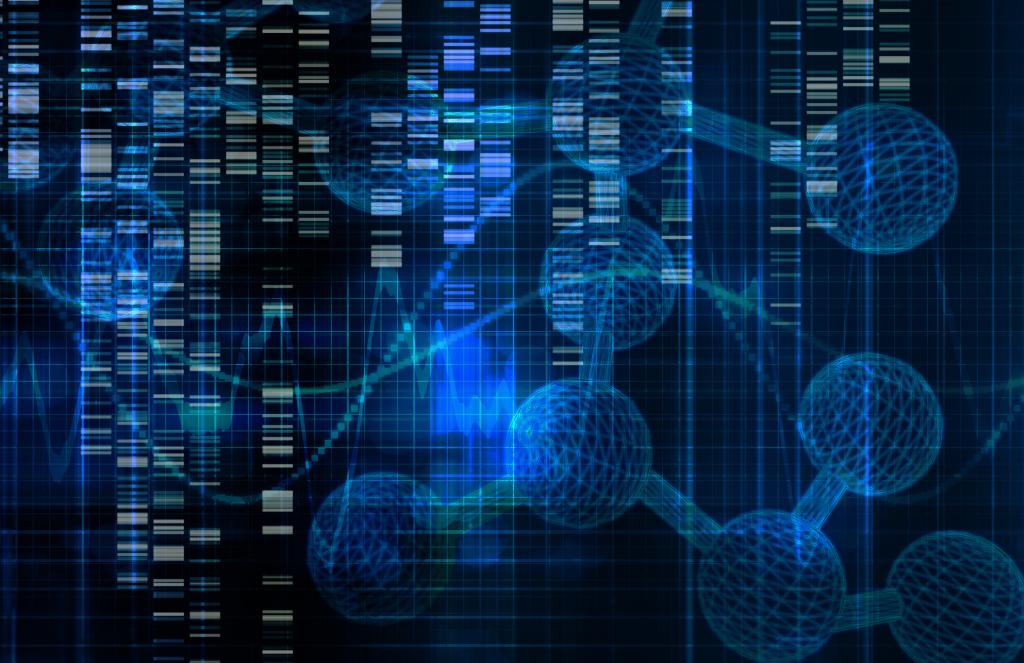Admission CTAs
Tackling Global Health Issues through Innovation
Bioscience Ph.D. candidate Marissa Howard says that “everybody has the creative potential to become an inventor. They just have to unlock it.”
Few academic careers exemplify this more than Howard’s who has already developed and patented several inventions that could have a lasting impact on the health and science community. While earning her Ph.D. in Biosciences, she has worked alongside Lance Liotta, Center for Applied Proteomics and Molecular Medicine co-director and School of Systems Biology Professor, to create an affordable and practical tuberculosis diagnostic tool that would give the 3 million undiagnosed tuberculosis patients across the world a fighting chance.
The novel, “origami” collection device, not only captures urinary tuberculosis diagnostic markers using hydrogel nanoparticles but collapses into a nontoxic sealable envelope for shipment to a testing facility. This technology allows individuals to privately and securely manage urine collection and the shipment process while avoiding traveling long distances to clinics and potentially facing the negative stigma associated with the disease. Successful trials in both Nepal and Guinea Bissau proved that this “origami” collection device could fill a critical gap in the fight against tuberculosis as one of the first effective, affordable, and noninvasive diagnostic tools.
Howard said that her main goal is to create sustainable solutions that support people in underserved countries. She aims to solve global health issues by bringing affordable and accessible technology to these areas.
While mentoring Aspiring Scientists Summer Internship participants, she’s helped develop a number of projects, including “the smart knee sleeve,” which now possesses a full utility patent. The knee sleeve is a wearable device that measures joint pressure as well as changes in temperature that indicate rehabilitation and training progress. Howard is now working on developing a similar device for ankles that could reduce early-onset osteoarthritis.

